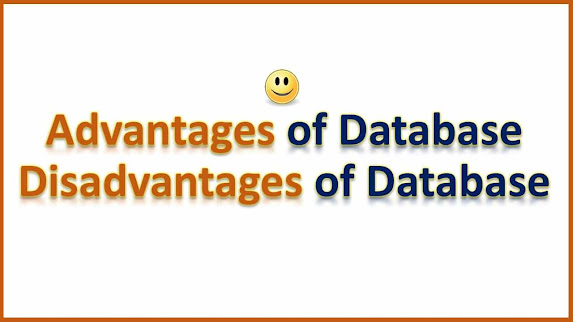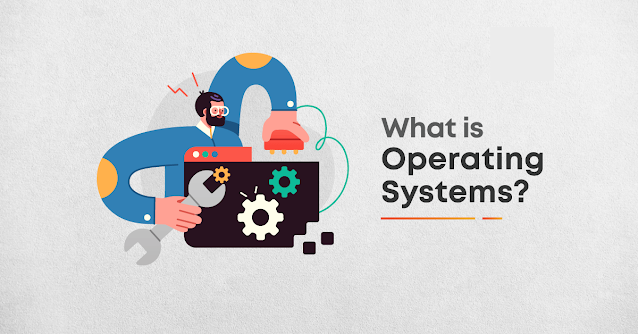Advantages and Disadvantages of DBMS
This article will discuss the advantages and disadvantages associated with DBMS.
A database management system allows you to efficiently create, manage, and update databases. It also replaces the older file systems that were used to store and retrieve data. Although the DBMS allows users to manage large databases efficiently and with ease, it is important to understand the pros and cons of using it before you start to use it. Let's take a closer look at it.
Benefits of DBMS
1. Data Abstraction
This is a critical characteristic of any software system, and DBMS does a great job in this area. It conceals unnecessary details and only shows the information that is relevant to the user in order to complete his task. It reduces the complexity of hidden details and makes it easier to use.
2. Data Redundancy Control
Database Management System can also eliminate redundancy from the record system by efficiently using the ACID (Atomicity, Consistency, Isolation, and Durability), and normalization properties.
3. Minimizing data inconsistency
The Database Management System reduces redundancy and makes the system more consistent by eliminating all inconsistencies.
4. Data Manipulation is easy
To manipulate the information in the database, the DBMS uses SQL commands such as SELECT (to select records from one or several tables), INSERT and UPDATE (to update the records' information), DELETE (to remove one or more records from a particular table), to create database manipulation languages like SQL.
5. Data Security
The Database Management System is different from the old file system. It comes with a secure login password that can be used for both admin and user access. Access can also be restricted to certain extents for changes and user access.
6.
Multiple users can access the same database at once, which makes data sharing easy. The database is accessible from anywhere users want to be. Users do not need to limit their access to a specific location. They can use the database as they wish, according to their own preferences and the software and hardware requirements.
7. Improved Data Access
Data is organized in a way that makes it easy to access. It is possible to retrieve the data you need immediately without having to worry about duplicates or excess records. This saves time and is also very efficient.
8. Data Independence
Data stored in a database are completely independent of other data. You can search for the data you want without having to consider any other data.
Advantages of DBMS
1. Increased cost
A Database Management System requires a fast processor and large memory. This is why it's expensive hardware, and therefore expensive software.
We also need to spend a lot to convert our data to a Database Management System, which increases the cost of the Database Management System.
We need a well-trained and educated staff to use a Database Management System.
Database Management System is therefore a more expensive system.
2. Management Complexity
It is no easy task to manage the Database Management System once you have it installed. It is important to have competent staff who can manage the system. Sometimes it can be difficult to choose where to store data or where to retrieve it.
3. Maintenance costs
A Database Management System has a high maintenance price. This includes the cost of maintaining the Database Management System after it is created.
4. Frequency Upgrade/Replacement
Database Management System updates and upgrades are necessary to keep up with technological developments and market trends. These updates and changes can sometimes be so rapid that users have difficulty using the system. Administrators may also find it difficult to keep up with changes in the system (learn new commands and understand them each time an update is made).
DBMS is a broad area. Before we can work in this field, it is important to understand how it can help us. These points will give you a good idea of the prospect.



Comments
Post a Comment